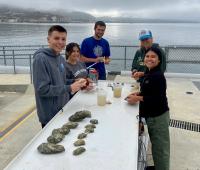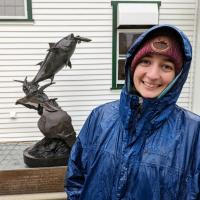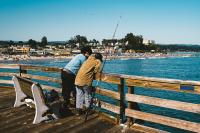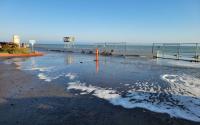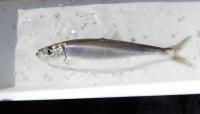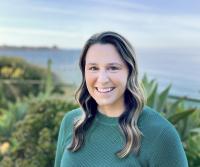Breadcrumb
News archives

A $2.7 Million Funding Award Aims For End-of-Life Solutions For Plastics Used By Growers Along California’s Central Coast
Millions of pounds of plastics are used on coastal farm fields each year; a new funding award will help researchers to find ways of keeping it out of nearby streams and the ocean

Q&A with former California Sea Grant Seafood Specialist Pamela Tom
Part of a special series celebrating California Sea Grant's 50th anniversary
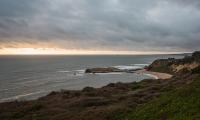
California Sea Grant’s Role in Creating the MPA Network
The state’s unique network of marine protected areas extends for over a thousand miles and protects California’s coastal and marine ecosystems holistically
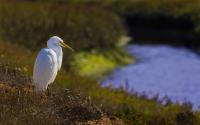
Symposium connects science and management in Southern California’s wetlands
The San Diego Estuaries Research Symposium offered a look at innovative wetland research
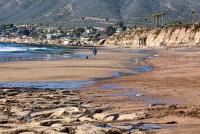
Researchers are studying how oyster reefs and eelgrass can fight coastal erosion in California
Living shorelines can help combat erosion caused by sea level rise. A new study investigates what approaches work best.
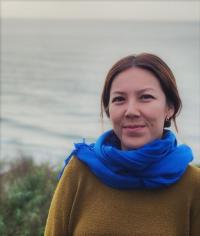
California Sea Grant Welcomes Binational Climate Fellow
Through a new fellowship, Meliza Le Alvarado will improve access to coastal resilience science for communities around the San Diego-Northern Baja California region.
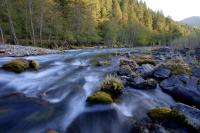
Pathogen-Resistant Salmon Stock May Signal Hope For The Upper Klamath River
Graduate Research Fellow Leah Mellinger finds promising results in the effort to restock the Upper Klamath River
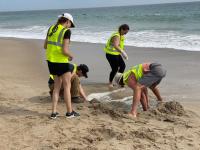
Beach loss through sea level rise will affect underserved communities the most
A new study shows that equitable coastal access might become another victim of climate change – unless we plan proactively
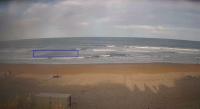
Researchers awarded $150,000 to develop RipFinder app
A new funding award will help warn ocean swimmers of dangerous rip currents before they enter the water
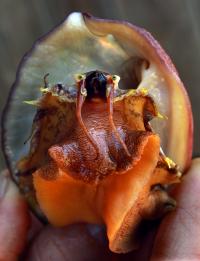
How 50 years of California Sea Grant research kept abalone on the menu
Despite challenges brought by invasive pests and disease, California’s abalone are still hanging on.
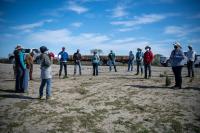
Locals to weigh in on San Francisco Bay Delta restoration
Amid expansive efforts to restore Delta ecosystems, one thing has been missing: a sense of what local residents think
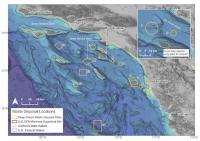
Sea Grant releases Deep Ocean DDT+ report
The report details urgent research needs to address the deep ocean DDT contamination off the Southern California coast.
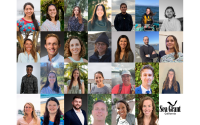
California Sea Grant welcomes new class of state fellows
The year-long fellowship offers hands-on training related to policy and management of marine, coastal and watershed resources.

California Sea Grant welcomes new class of state fellows
The year-long fellowship offers hands-on training related to policy and management of marine, coastal and watershed resources.
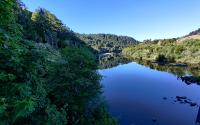
Droughts are Shifting Migration Patterns in Already Endangered Russian River Coho Salmon
Lower flows and warming water temperatures are creating a potentially deadly timing mismatch for young salmon headed to sea
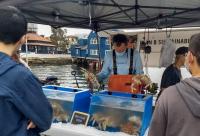
Celebrate local this holiday season with a new California seafood finder
A new interactive website helps customers find local, sustainable seafood
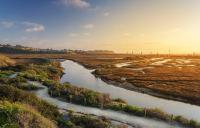
Scientists study an unexpected climate change problem: Rising groundwater levels
Already, water tables in some areas are inching up. This could make coastal regions more prone to flooding. But there are more insidious consequences, too.
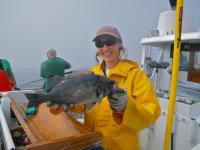
How Ocean Conditions Change Rockfish Reproduction
A Q&A with recent NMFS-Sea Grant Fellow Sabrina Beyer
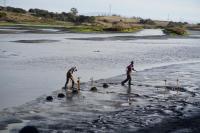
The next step in Olympia oyster restoration? Genome sequencing.
Scientists are taking an innovative approach towards this native oyster's conservation.
